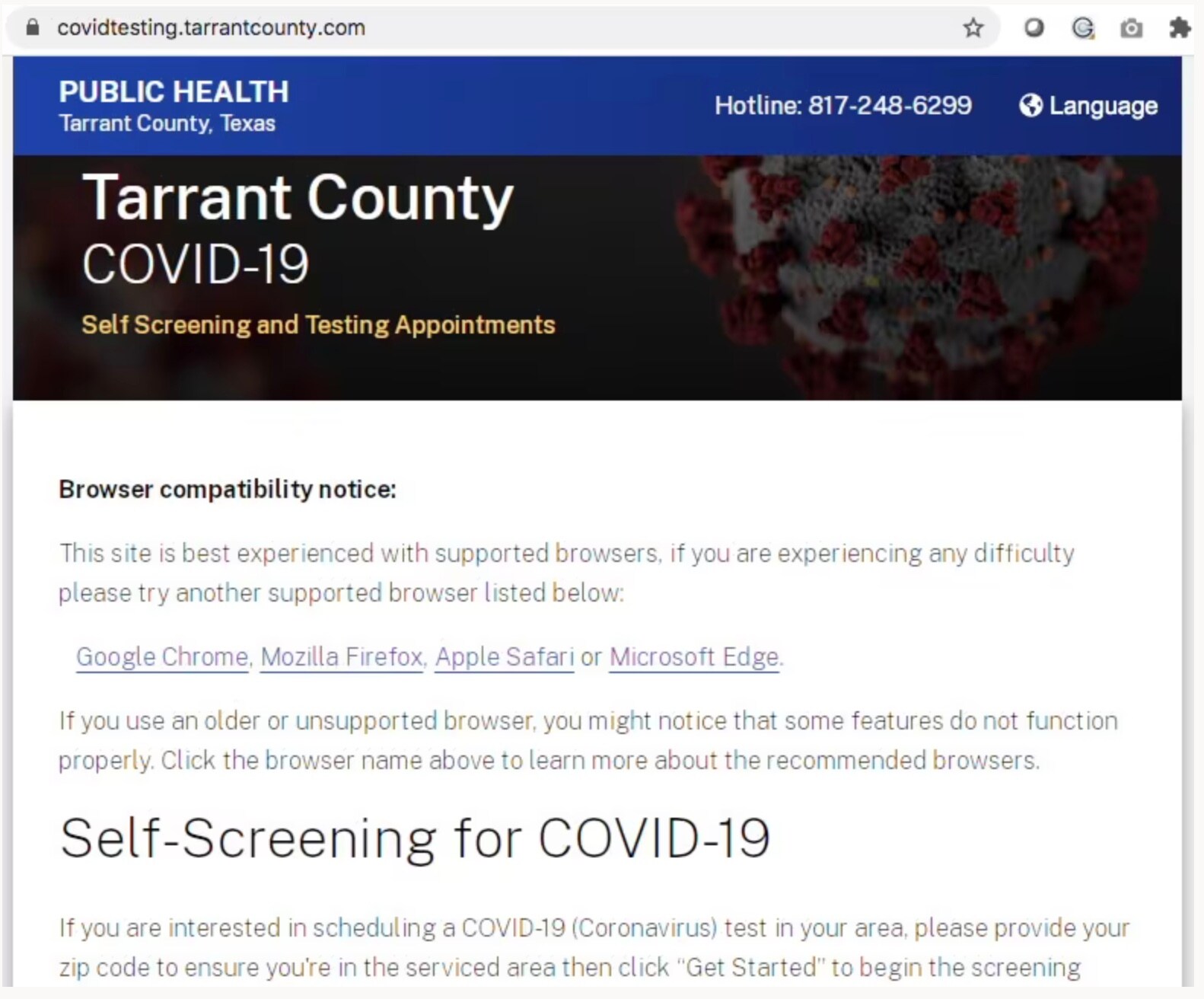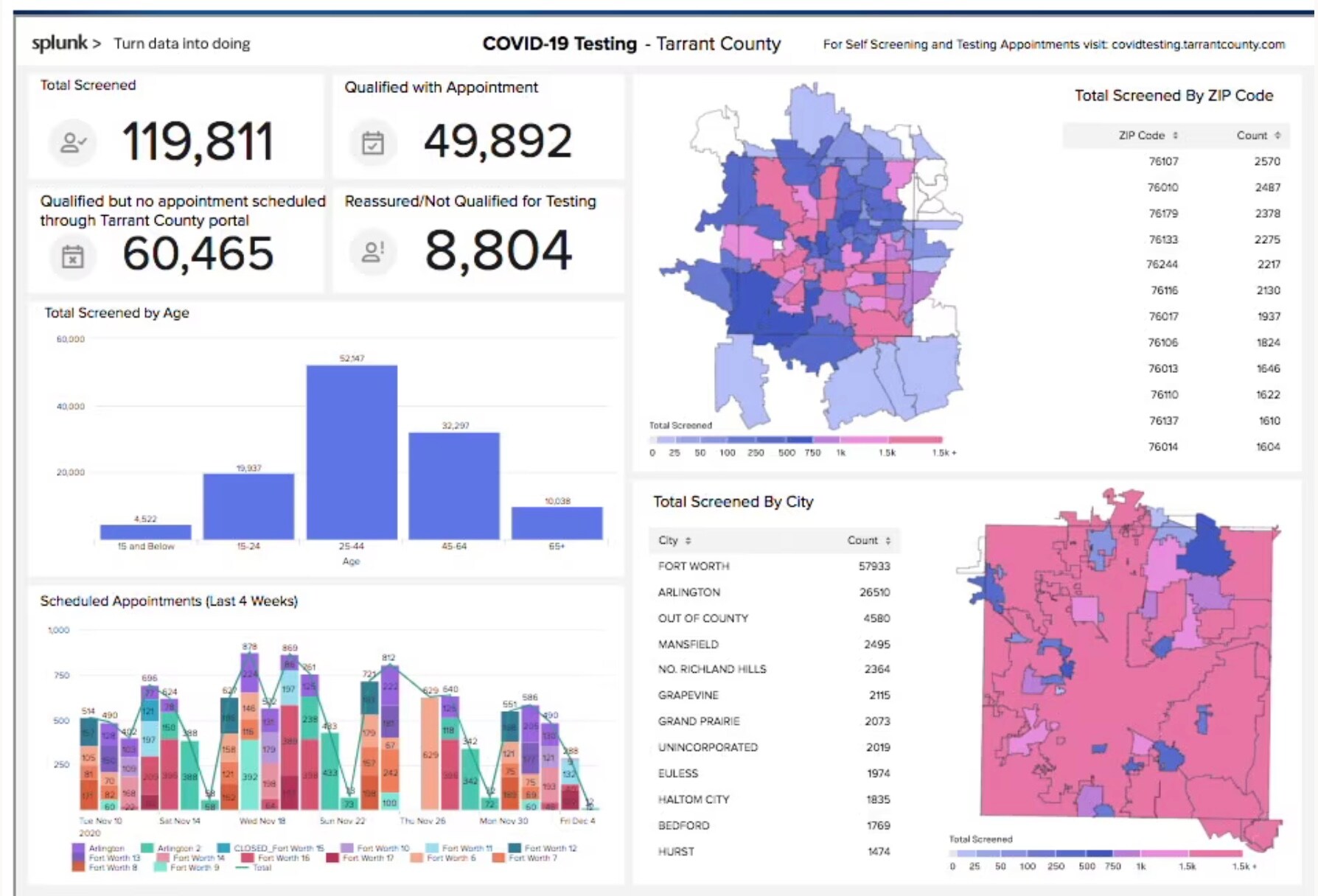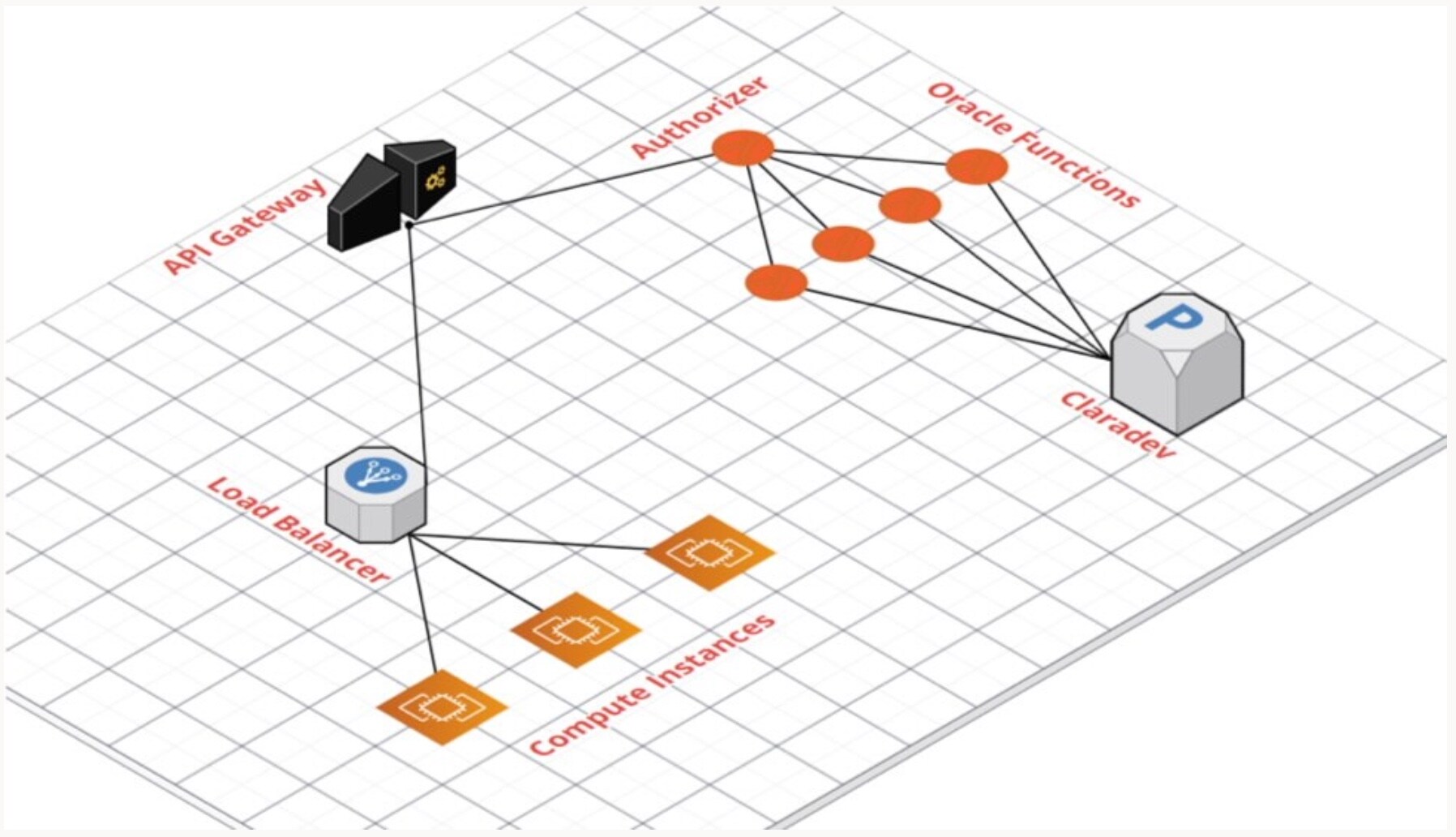Oracle Cloud helps accelerate COVID testing in the US
December 18, 2020 | 5 minute read

This post was written by Mike Macmillan, cloud platform specialist, Nitin Vengurlekar, chief technology strategist for the public sector, and Akshai Parthasarathy, principal product marketing director.
In the early days of the pandemic, Oracle built a suite of Public Health Management Applications to help collect and analyze the data necessary for government health organizations and the medical community to understand the virus and its spread, and support vaccination efforts. Built on OCI, these efforts were recently extended to help manage the roll-out of COVID-19 vaccination programs in the US. As mentioned in the announcement, the Centers for Disease Control (CDC) and US Department of Defense are using Oracle’s National Health Records Database and Public Health Management Applications to help monitor patient safety, ensure smooth vaccine distribution for federal agencies, and provide a central data repository for all vaccination data in the US. These systems are also being used to support similar programs in Africa.
In addition to these efforts, as part of the Alliance for Innovation, Oracle has partnered with Accenture, Adobe, Splunk, and other organizations to enable COVID-19 testing facilities with a Testing and Data Response Platform at no cost. The platform provides an integrated COVID-19 test management process, including online COVID-19 risk screening, test scheduling, test site management, and dashboards for real-time insights for use by test site managers and public health officials.
The following blog post provides an overview of the various technologies used to enable the solution.
The end users
The COVID-19 Testing and Data Response Platform was developed to help state and local governments. Counties using the platform include Tarrant County, Texas, Nueces County, Texas, and Alameda County, California. Oracle set out to deliver an end-to-end testing application to cater to all steps of the process, including the following aspects:
- Provide an online form and categorize each respondent’s risk as high, medium, or low
- Schedule appointments for people most likely to contract the coronavirus
- Allow patients to check in using a mobile app and QR code
- Allow patients to check out and provide the necessary data to testing partners
- Make the results from testing partners available to patients

Figure 1. Screenshot of Tarrant County Self-Screening Website
The solution
Oracle provided all the necessary components for site operations, Adobe for website and scheduling tasks, and Splunk for tracking and dashboarding.

Figure 2. Tarrant County COVID-19 Dashboard, enabled by Splunk and Oracle
Oracle Cloud Infrastructure (OCI) services in use include API Gateway, Functions, Autonomous Transaction Processing (ATP), and APEX.
- API Gateway and Functions are part of Oracle Cloud Native services, which empower modern application development through technologies such as Kubernetes, containers, serverless functions, APIs, and Kafka event streaming.
- Autonomous Transaction Processing provides a self-driving, self-securing, and self-repairing database for the most demanding transaction processing workloads.
- Oracle Application Express (APEX) is a low-code development platform that enables you to build scalable, secure enterprise apps, with world-class features, that can be deployed anywhere.

Figure 3. Overview of the Oracle solution
OCI API Gateway
OCI API Gateway routes inbound traffic to backend services including public, private, partner HTTP APIs, and Oracle Functions. We chose API Gateway for its ability to provide SSL termination (support for HTTPS) and its ability to support serverless functions as REST endpoints. These capabilities make it easy for consumers (the patients getting tested) to interact with the backend mobile application and Oracle Database.
The API Gateway also serves as an API load balancer that provides high availability and fault tolerance. It can combine various public and private sources into an API, while applying any custom authentication.
Finally, the API Gateway enabled us to apply policies to the set of exposed APIs. These policies limit requests to backend resources and implement custom authorization for API endpoints.
Oracle Functions
Oracle Functions is a serverless platform that lets developers create, run, and scale applications without managing any infrastructure. Functions integrate with OCI, platform services, and SaaS applications.
We used Functions because it allows us to develop small microservice like features without having to worry about the run time. Code only runs for short durations, and the service uses a pay-for-what’s-consumed model, making it extremely cost-effective. Functions provided us with the runtime environment and eliminated the need for maintenance and upkeep. Functions also provides an elastic architecture to grow with demand. The service supports various languages. For this solution, we used JavaScript and Node.js
Oracle Autonomous Transaction Processing
Autonomous Transaction Processing provides out-of-the-box security: all data is encrypted at rest using transparent data encryption (TDE) and network connections from clients are encrypted using TLS. We also chose this service because it demonstrated HIPAA fitness through more attestation in accordance with AICPA SSAE 18, AT-C sections 205 and 315, SOC1 and SOC2 compliance.
In addition, Autonomous Transaction Processing enabled fast provisioning, autoscaling, automatic backups, patching, and indexing, and Autonomous Data Guard.
Oracle Application Express (APEX)
Testing site administration was enabled through the following APEX packages:
- Patient Registration package: This package is implemented patient screening, registrations, and appointments. Patients can access the application using browsers on mobile devices and computers.
- Site Operations package: This package enables check-in, status change, and check-out of each patient. Patients can access it by browsers on mobile devices and computers.
- Site Admin package: This package implements self-service setup, test order creation, test result processing, and report creation.
- Analytics package: A dashboard to visualize screenings, registrations, appointments, and testing statistics.
- Integration package: RESTful services for creating and downloading test orders and uploading and processing test results. These RESTful services are used by COVID testing partners, who must be appropriately authenticated and authorized for access.
Results and more about the COVID testing platform
The cloud native solution outlined took only two weeks to deliver. Vinny Taneja, director of Public Health, Tarrant County, Texas and one of our end users said, “We’re very pleased to have this resource in Tarrant County during the COVID-19 pandemic. The platform will not only help our testing facilities operate more effectively, but it also arms us with valuable information to keep our communities safe.”
If you’re interested in the COVID Testing Platform, complete the sign-up form on the Alliance for Innovation website. To try Oracle Cloud Infrastructure free, use the Oracle Cloud Free Tier.